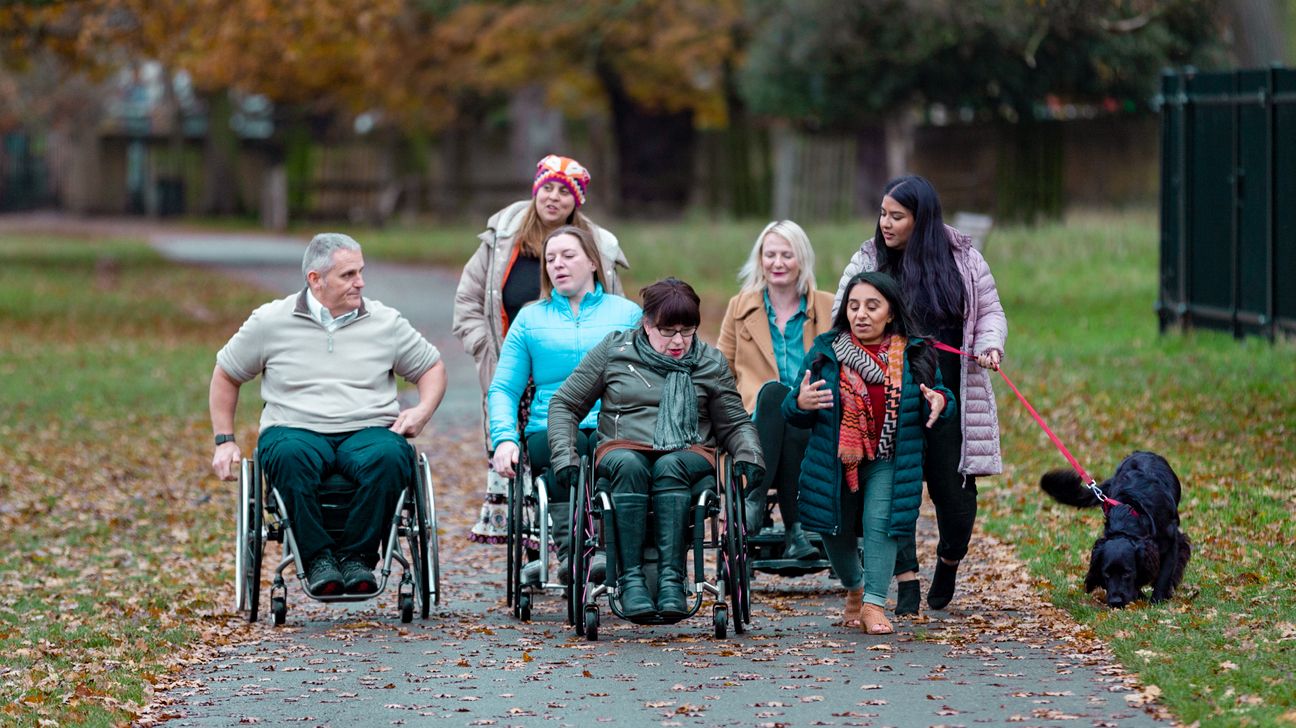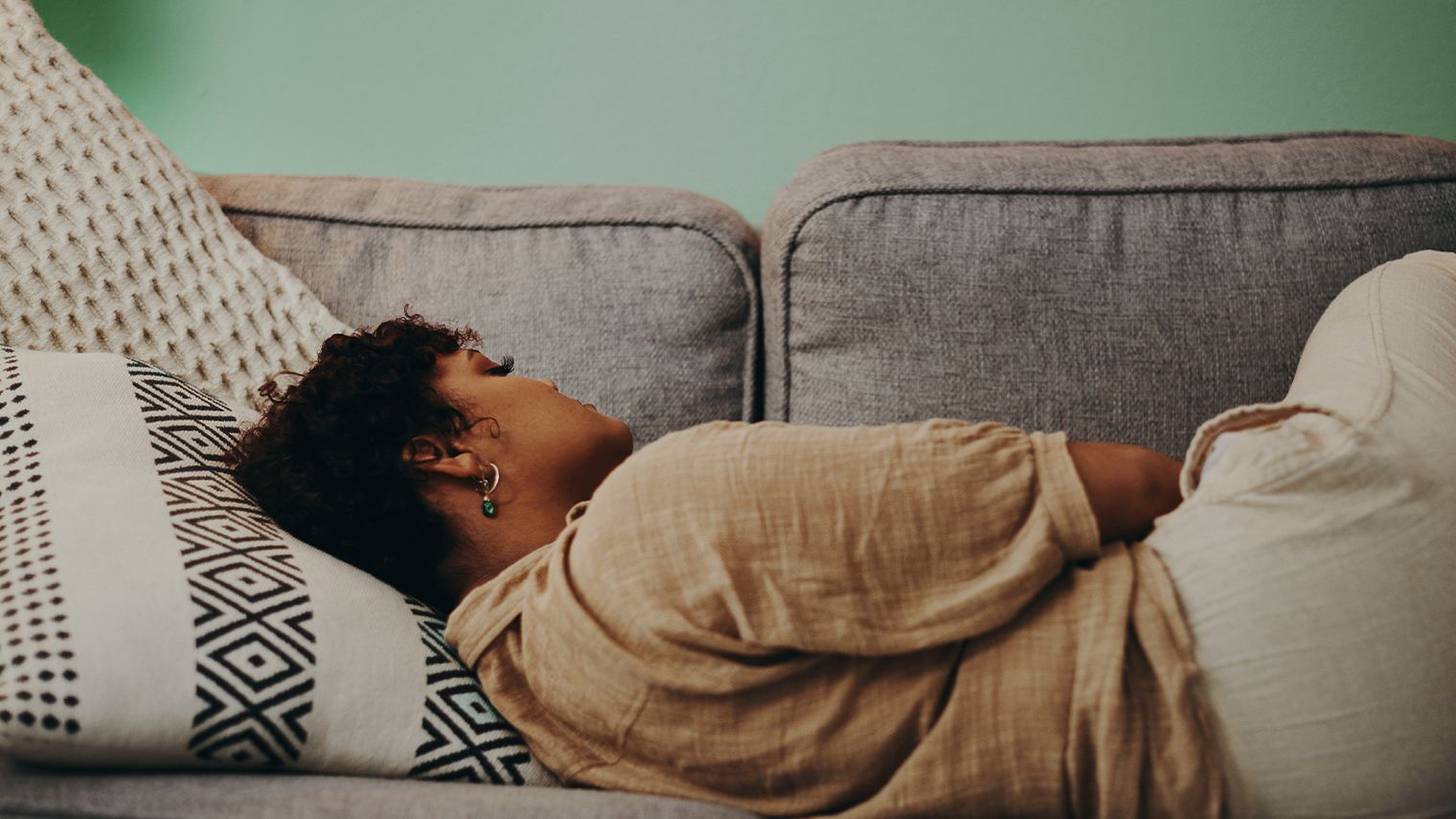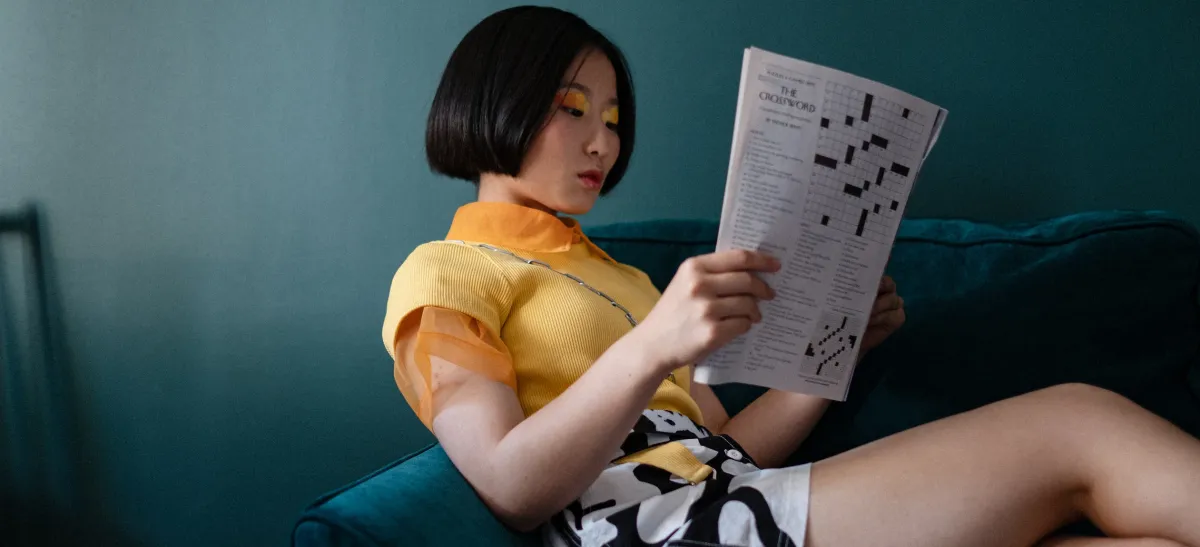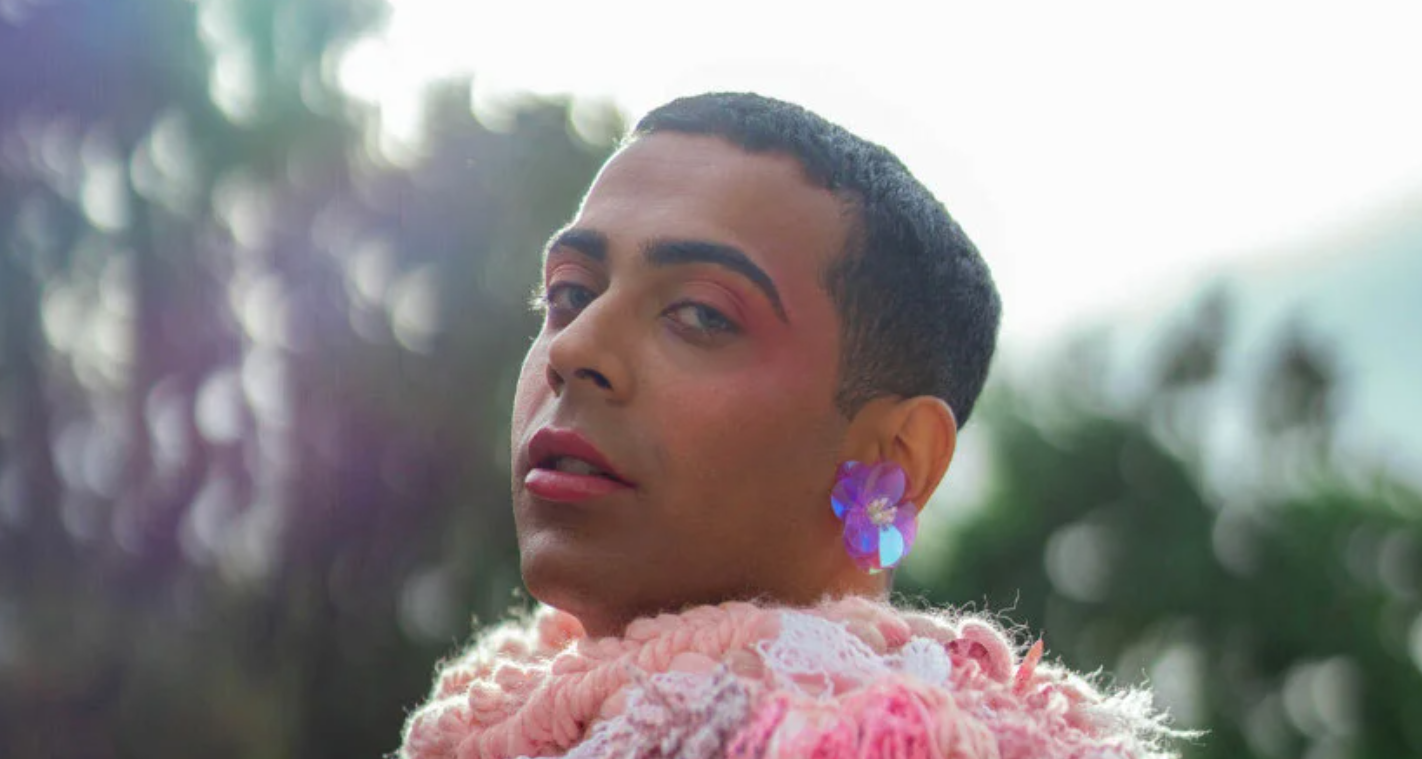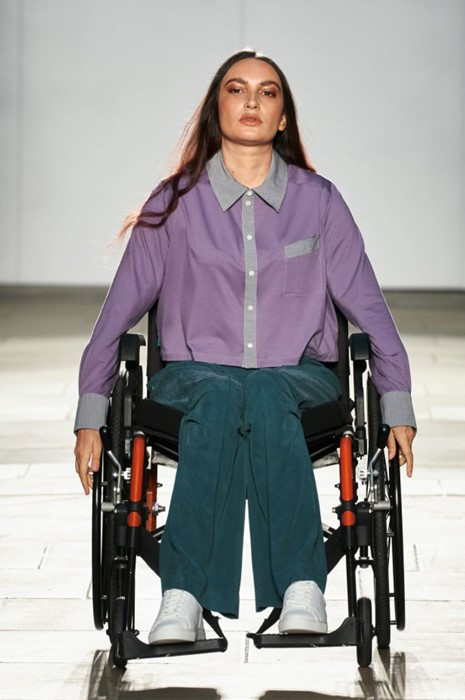While fashion sometimes moves too swiftly a pace to even keep track of, the process of diversifying its catwalks is happening at a glacial pace. Yes, we are finally seeing a broader range of shapes, sizes, colours, and genders grab the spotlight they deserve, meaning it would be easy to assume that adaptive fashion was having an equally heart-warming surge. In reality, the fashion-starved disabled community continues to be be passed over again and again. However, to combat the style exclusion of 14.1 million disabled people in the UK and the one billion disabled folks worldwide, a colourfully dressed, fashion powerhouse is embarking on a mission to affect change.

